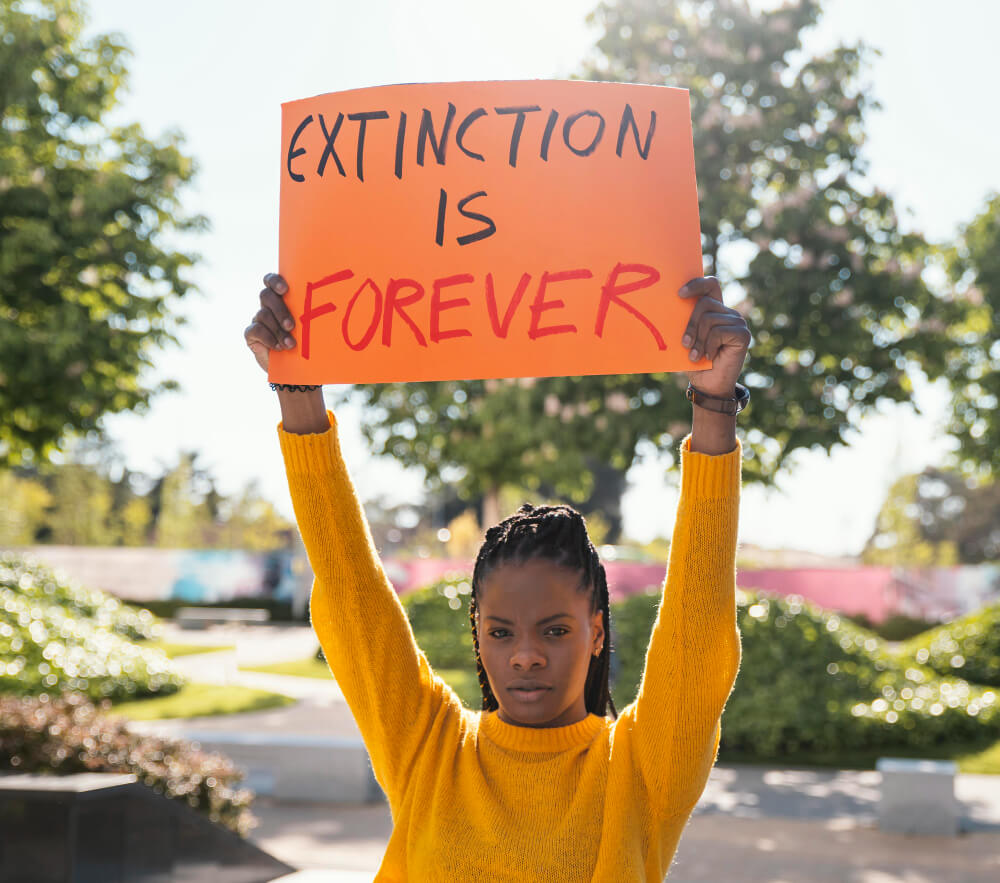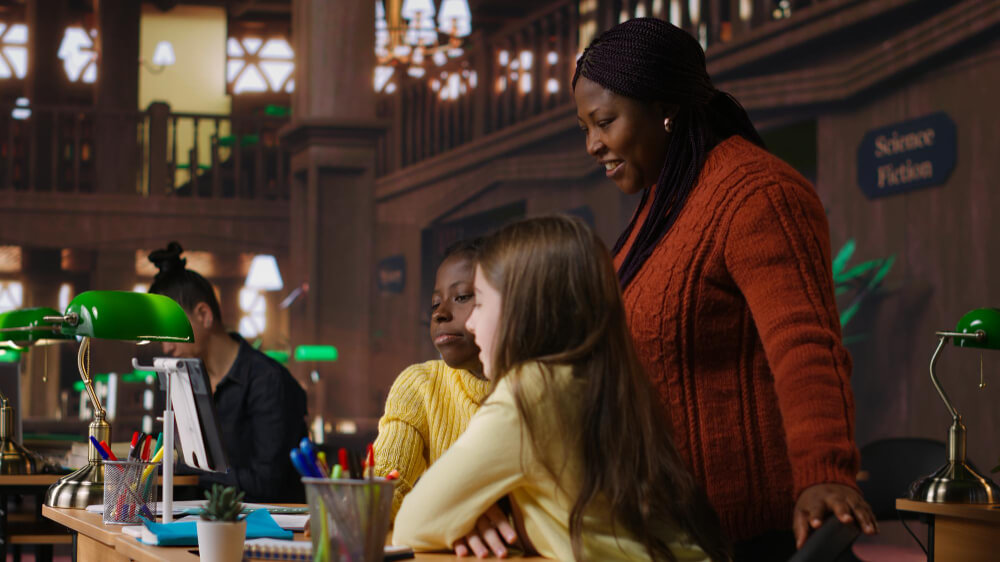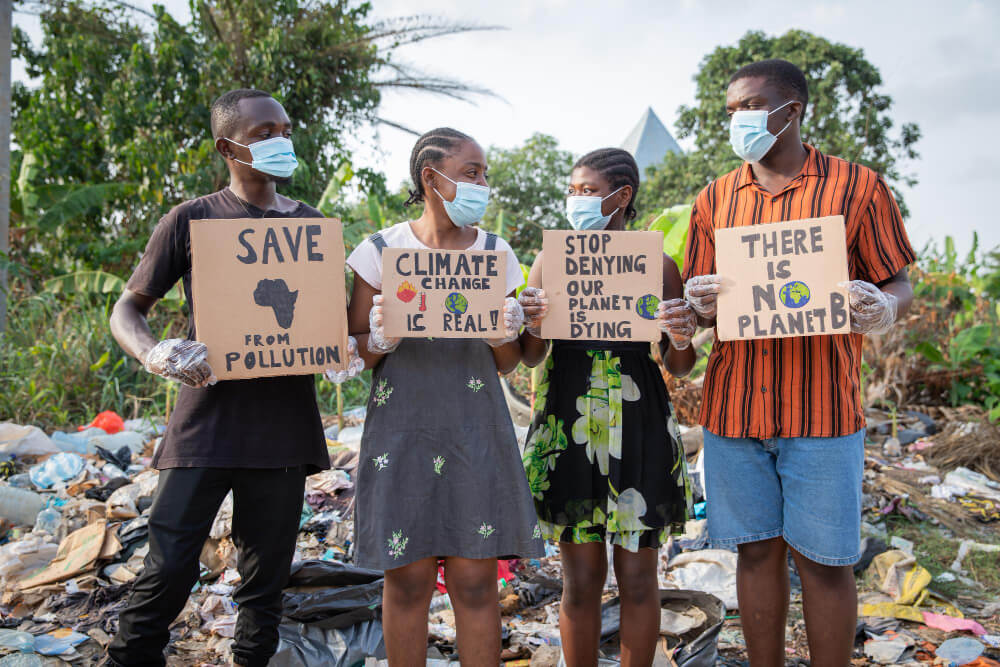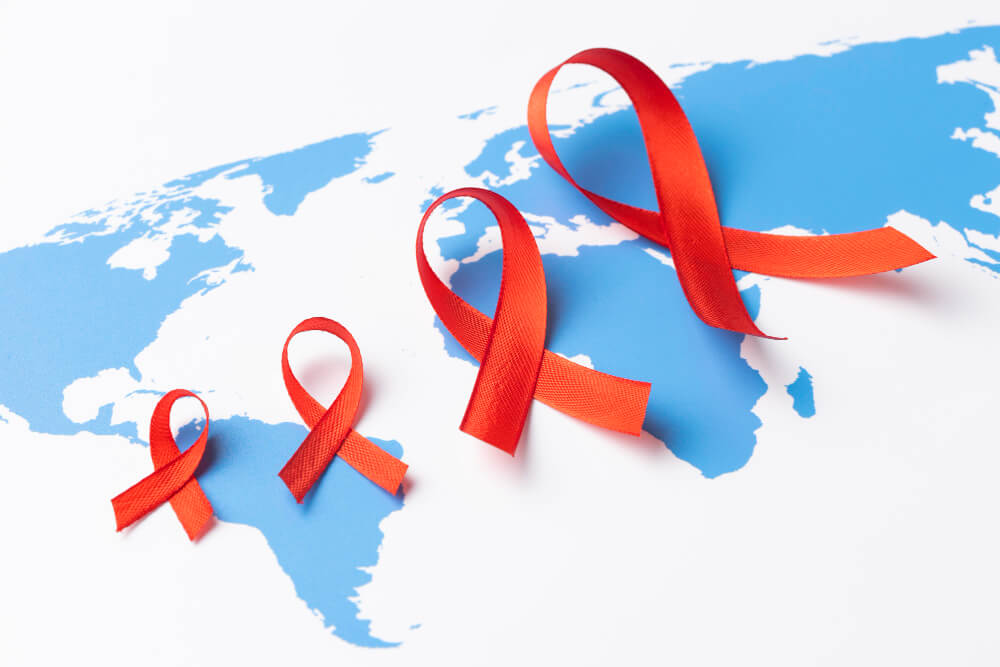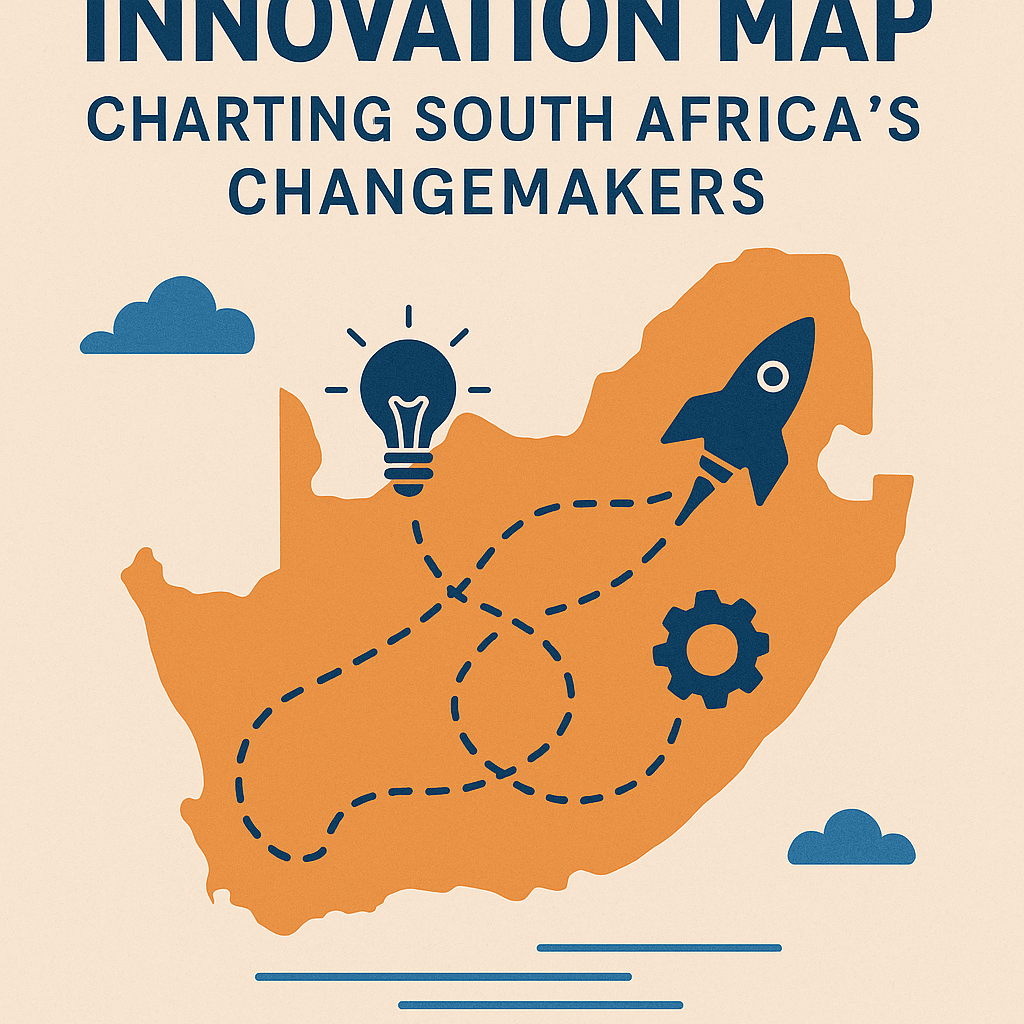There are wounds that don’t bleed. Wounds that sit behind the eyes, wrapped in silence, tucked beneath the routines of daily life. In South Africa, where many carry invisible scars from poverty, violence, displacement, or loss, mental health isn’t a luxury—it’s survival.
Yet for far too long, it was pushed aside. Something whispered about, if at all. Something misunderstood. A shadow following those already burdened by circumstance.
But the silence is breaking.
Mental Health: Not a Privilege, a Necessity
In the townships, on farms, in city streets—people are carrying more than physical exhaustion. They’re carrying the weight of untreated depression, of trauma never named, of anxiety disguised as restlessness, of grief locked behind pride.
And while physical wounds often get sympathy, mental ones face suspicion. “Be strong.” “Get over it.” “Pray it away.” These are phrases that shut down the real work of healing before it even begins.
The truth is: a nation can’t thrive when its people are breaking inside.
The Unseen Toll
South Africa has one of the highest rates of trauma-related mental health challenges in the world—shaped by:
- A long legacy of apartheid and systemic violence.
- Ongoing socioeconomic stress: poverty, unemployment, housing insecurity.
- Exposure to gender-based violence and crime.
- Intergenerational trauma that lives in the body even when memory fades.
But perhaps the most damaging wound of all? The belief that mental illness is weakness.
Where Healing Begins
Across the country, quiet revolutions are forming.
- In schools, trained counselors are beginning to offer safe spaces for learners battling stress, bullying, grief, or abuse.
- In rural villages, community health workers are being trained to identify signs of depression or trauma, offering first-line support where doctors may not be available.
- Trauma centers and mobile clinics are reaching into informal settlements, where support has often felt like a distant dream.
In these spaces, healing begins with a simple truth: you are not alone.
The Power of Language and Listening
Healing mental health doesn’t always require a couch and a clipboard. Sometimes, it starts with a conversation in isiXhosa, Zulu, Afrikaans, or Sesotho. Sometimes, it starts with someone who looks like you saying, “I’ve felt that too.”
That’s why culturally grounded care matters. Because mental health isn’t one-size-fits-all. It’s about meeting people in their own language, with their own beliefs, on their own terms.
In South Africa, where identity is diverse and layered, healing has to be just as complex—and just as gentle.
Youth and the Growing Need
Young South Africans are speaking up. And not just in whispers.
They’re using podcasts, poetry, TikTok, student-led workshops—anything to voice what older generations were forced to swallow. They’re questioning the systems that broke their families and asking why mental health is still treated as an afterthought.
But raising awareness is only half the battle. The rest is access.
Many schools still don’t have even one full-time counselor. Public clinics are overburdened. Waiting lists for psychiatric care can stretch for months. And private therapy? Unaffordable for most.
If we don’t expand access now, we risk losing a generation not to ignorance—but to inaction.
Restoring Dignity, Reclaiming Strength
Mental health support isn’t just about crisis prevention. It’s about dignity. It’s about saying: “Your story matters.”
It’s about seeing trauma survivors not as broken, but as brave. It’s about giving single parents a place to exhale. It’s about making space for young men to cry without shame. It’s about showing every South African, no matter their background, that mental well-being is part of being whole.
Because what’s at stake isn’t just individual pain—it’s community cohesion, productivity, safety, joy. It’s the very soul of what it means to be alive.
A Future Where Minds Are Cared For
There’s still a long way to go. South Africa needs more:
- School-based mental health programs that are permanent, not seasonal.
- Investment in rural and township care networks.
- Training for non-specialist workers to act as bridges between clinics and communities.
- National campaigns that don’t just raise awareness but reduce shame.
But the momentum is there.
With every open conversation, with every school that prioritizes mental well-being, with every policy that widens access—we edge closer to a future where healing doesn’t wait until it’s too late.
Let the Mind Heal
A broken leg gets a cast. A wound gets stitched. But what of the thoughts that keep racing at night? The numbness? The ache behind the smile?South Africa is learning to answer these questions not with silence, but with care. It’s learning that true healing includes the mind. That restoring dignity includes listening. That progress must be holistic—not just political or economic, but deeply, emotionally human.

